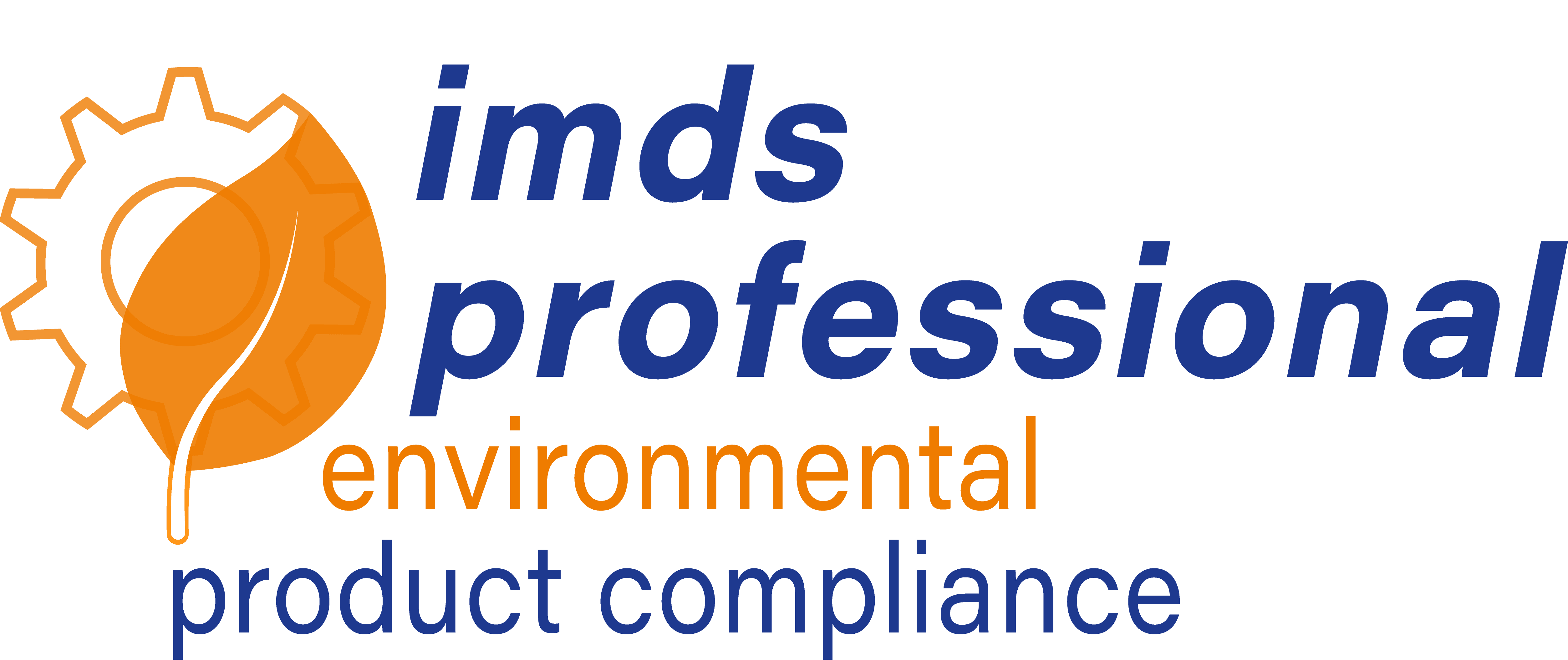Blog
RoHS
On September 8, 2025, the European Commission published a Delegated Directive amending Directive 2011/65/EU (RoHS). This update concerns the use of lead in high-temperature solders—a critical topic for manufacturers of electronic components.
What Are High-Temperature Lead Solders?
These are solder alloys containing at least 85% lead, used in demanding environments such as high temperatures, vibrations, or hermetically sealed components. They offer:
- High melting points (> 260 °C)
- Excellent thermal and electrical conductivity
- Corrosion resistance and ductility
- Reliable wetting and oxidation behavior
Why a New Regulation?
The previous exemption 7a had remained unchanged since 2003 and was often applied broadly, even when not technically necessary. The new directive introduces:
- Seven specific sub-entries (7a I to VII) for clearly defined use cases
- Unified expiry date for exemptions 7a I to VII: December 31, 2027
- A short-term extension of the old 7a exemption until June 30, 2027 for transition
Overview of the New Sub-Entries
The directive distinguishes the following application areas:
- Internal contact connections in semiconductor assemblies
- Integrated connections for chip mounting, meeting specific technical criteria
- First-stage soldering to prevent mixing with secondary solder
- Second-stage soldering (e.g., BGA packages, high-temp molding)
- Hermetic sealing materials between ceramic and metal
- Lamp connections for IR heaters, ovens, etc.
- Audio converters operating above 200 °C
Technical Evaluation and Stakeholder Consultation
Two studies (2022 and 2024) and public consultations revealed:
- Many sectors lack reliable lead-free alternatives
- Progress in audio technology is promising
- A blanket exemption is no longer appropriate
- The new structure enables targeted assessments and innovation
What Does This Mean for Companies?
- Material compliance officers must verify whether their products fall under the new sub-entries
- SCIP reporting remains mandatory
- Companies should prepare renewal applications well in advance—at least 18 months before expiration
Conclusion
The new directive brings transparency and differentiation to the use of lead in high-temperature solders. It encourages innovation, protects health and the environment, and provides the industry with planning certainty.
Do you or your employees need training on the RoHS Directive? You can find the next training dates here.
Do you need support with implementation, e.g., documentation or supplier communication? Then you can rely on our expertise and entrust all tasks to us with confidence. Simply make an appointment for a free solution check.
